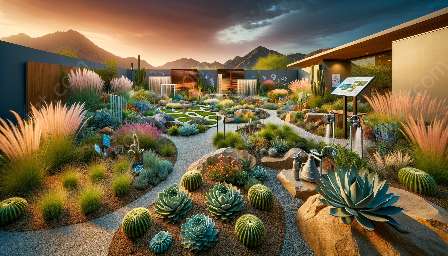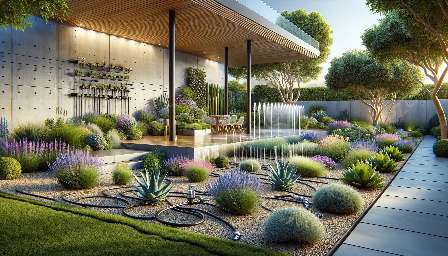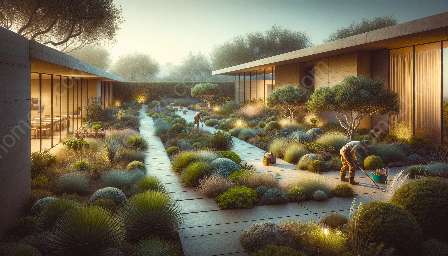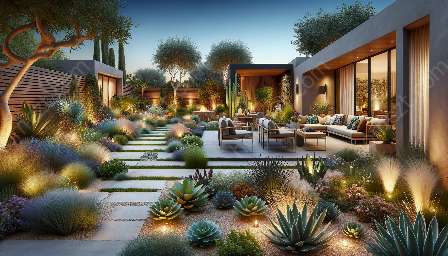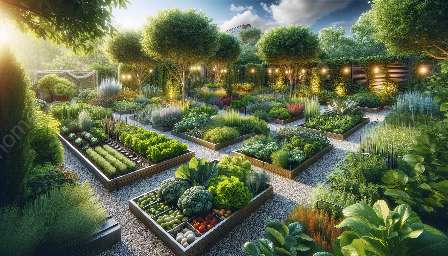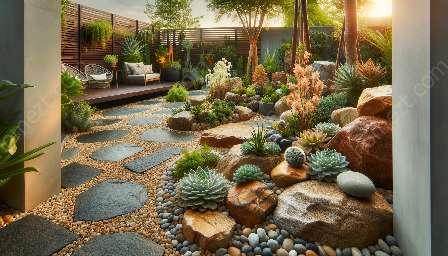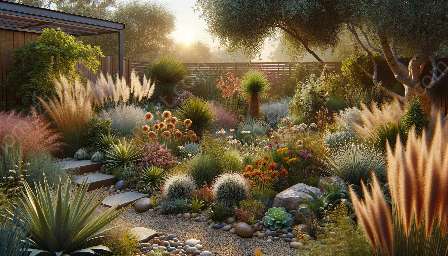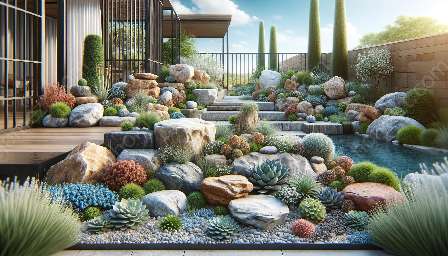Xeriscape design embodies the principles of water-wise landscaping and gardening, emphasizing sustainable practices and low water usage. In this comprehensive guide, we'll delve into the art of planning a xeriscape design that harmonizes with the environment while creating a beautiful outdoor space.
Understanding Xeriscaping
Xeriscaping is a landscaping and gardening approach that promotes water conservation through the use of drought-tolerant plants, efficient irrigation techniques, and mindful design. By understanding the concepts of xeriscaping, you can create a resilient and environmentally friendly outdoor environment.
Benefits of Xeriscaping
Xeriscaping offers a multitude of benefits, including reduced water usage, lower maintenance requirements, and a visually appealing landscape. By embracing xeriscaping principles, you can contribute to environmental sustainability while enhancing the beauty of your outdoor space.
Planning Your Xeriscape Design
When planning a xeriscape design, it's essential to consider various factors, such as climate, soil conditions, and plant selection. Begin by conducting a thorough site analysis to assess sunlight exposure, soil type, and existing vegetation. This information will serve as the foundation for creating a well-adapted and sustainable xeriscape design.
Choosing Drought-Tolerant Plants
One of the key elements of xeriscape design is the selection of plants that can thrive in arid conditions. Research and identify native or adapted drought-tolerant plants that are well-suited to your local climate. By choosing the right plants, you can create a diverse and vibrant landscape that requires minimal water input.
Efficient Irrigation Methods
Implementing efficient irrigation methods is crucial in xeriscape design. Consider utilizing drip irrigation, mulching, and rainwater harvesting to minimize water waste and maximize plant health. By strategically managing water resources, you can establish a resilient and sustainable xeriscape garden.
Designing for Sustainability
Integrate sustainable design elements into your xeriscape plan, such as permeable hardscaping, native plant groupings, and soil amendment strategies. These design choices can enhance water retention, decrease runoff, and promote biodiversity within your xeriscape landscape.
Maintaining Your Xeriscape Garden
After establishing your xeriscape design, it's essential to maintain and manage the garden effectively. Regularly monitor plant health, adjust irrigation schedules as needed, and address any invasive species or pest issues promptly. By practicing conscientious maintenance, you can ensure the long-term success of your xeriscape garden.
Conclusion
Planning a xeriscape design involves thoughtful consideration of environmental factors, plant choices, and sustainable practices. By embracing xeriscaping principles, you can create a stunning and water-efficient landscape that contributes to the preservation of natural resources and the beauty of your surroundings.



